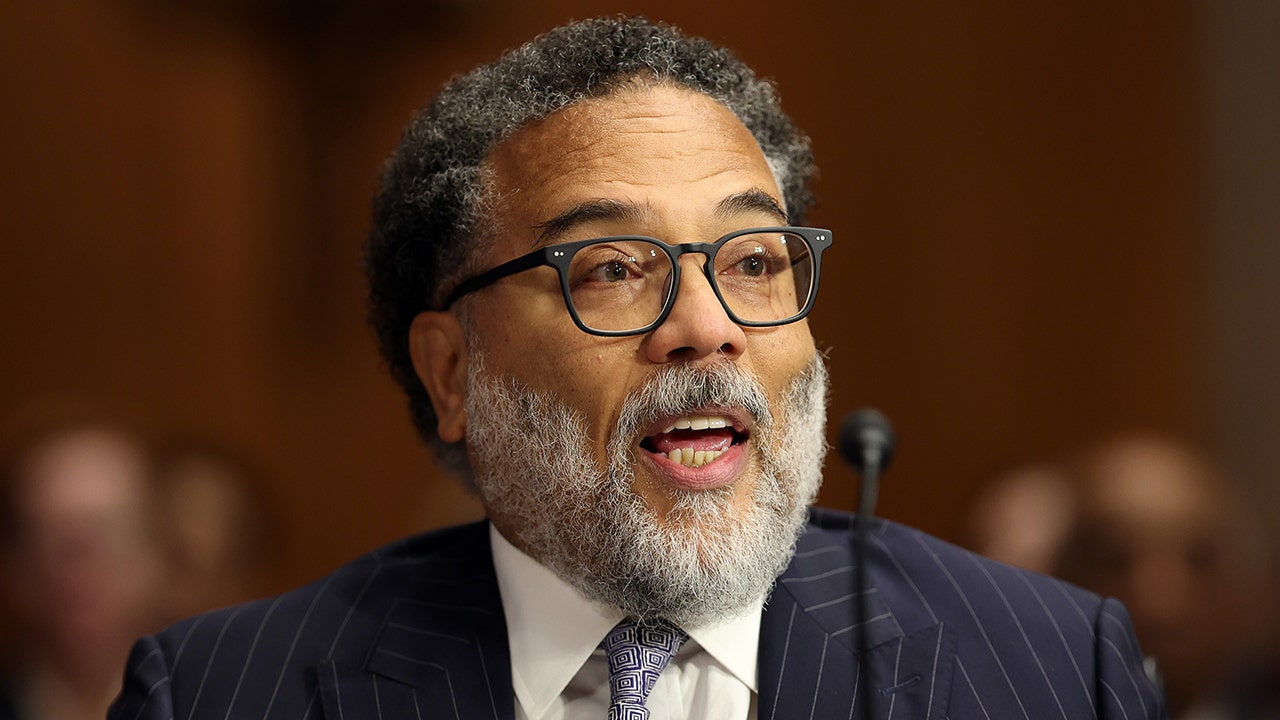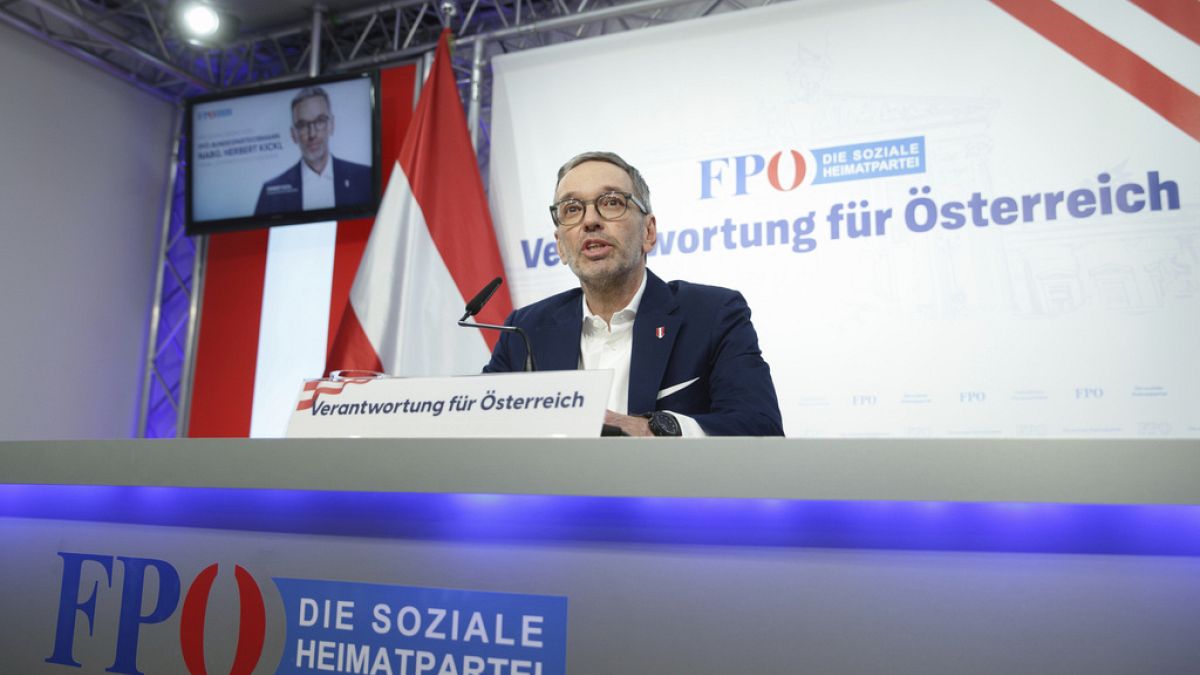Education
Yale’s President Announces He Will Step Down

Peter Salovey, the president of Yale, announced Thursday that he will step down in June after 11 years in office, during which he increased the university’s endowment, student enrollment, and its racial, ethnic and economic diversity.
This month, the university announced that its entering class was one of its largest ever — 22 percent of students were eligible for federal Pell Grants for low-income students, and 21 percent were the first in their families to go to college. A decade ago, the number of first-generation students was 12 percent. This year, Black students made up 14 percent of the class, 18 percent were Latino, 42 percent were white and 30 percent were Asian American.
In Dr. Salovey’s last year as president, elite colleges will confront a new admissions landscape.
After the Supreme Court’s ban on race-conscious admissions, they face the challenge of admitting diverse classes while adhering to the new ruling, as well as the pressure to eliminate legacy admissions, the preferential treatment given to the children of alumni. Yale University has resisted eliminating the preference and about 11 percent of the class of 2027 are legacies.
Dr. Salovey said on Thursday that he had asked the admissions office to develop a plan that will be announced later this year.
“The educational environment we have created at Yale,” he said in an interview, “has benefited enormously from the diversity of our students on virtually every dimension that you can imagine.”
Dr. Salovey’s decision to relinquish the presidency is part of a generational shift in leadership at a number of elite universities. Columbia, New York University, Harvard, Dartmouth, the University of Pennsylvania, and M.I.T. all have new presidents.
During Dr. Salovey’s time as president, Yale’s endowment doubled in size to more than $40 billion. An ongoing fund-raising campaign has collected $5 billion toward a goal of $7 billion.
An amateur bluegrass musician, Dr. Salovey, 65, is a noted professor of psychology and regarded an expert in the study of emotional intelligence. He said he plans to return to teaching and writing full-time.
Josh Bekenstein, the school’s senior trustee, said Thursday that Dr. Salovey had fulfilled a “bold vision” he articulated when he took office — “a more unified Yale, a more accessible Yale, a more innovative Yale.”
Mr. Bekenstein said he would lead a search committee, whose members were identified Thursday, to find a replacement for Dr. Salovey, with plans to reach out to the Yale community for advice. Yale has never had a president of color and its one female president, Hanna Gray, served for only one year in an acting capacity.
When he took the helm of Yale in 2013 as its 23rd president, Dr. Salovey very much fit the central-casting model of an Ivy League president, having been part of the university for more than 30 years, first as a graduate student, then a department head, dean of Yale College and provost.
Upon taking over, he vowed to increase the school’s accessibility. And in an interview Thursday, he identified that as among his major accomplishments
“We’ve doubled the number of students who are the first in their families to go to college,” Dr. Salovey said, noting that was accomplished partly by expanding Yale’s size by building two new residential colleges, increasing the college’s overall undergraduate enrollment by about 20 percent.
During his tenure, the college also increased financial aid so that parents making $75,000 or less would be required to make no contribution to their children’s undergraduate education. And Yale increased financial aid in other programs. Its Geffen School of Drama, for example, known for producing noted actors including Meryl Streep and Angela Bassett, is now tuition free.
While steering the university through the Covid pandemic, he also expanded a number of its graduate programs, notably in science and engineering.
Like many universities over the past 10 years, Yale has faced a number of questions involving race during Dr. Salovey’s tenure.
Under his leadership, Yale first resisted, then ultimately acceded, to demands to rename Calhoun College, a residential college named for John C. Calhoun, an 1804 graduate and former U.S. vice president who defended slavery.
Because of the debate, Yale developed guidelines — now widely used — for determining how to address the problematic legacies of historical figures. And like many other universities, Yale has been scrutinizing its historical associations with slavery and the slave trade.
In 2020, Yale fought a lawsuit by the Justice Department under the Trump administration that accused it of discriminating against Asian American and white students. The lawsuit was dropped after Mr. Trump left office.
As far as goals for his final year, Dr. Salovey said, “I think this would be a good year for us to beat Harvard in our final football game. I’d like to go out on a win.”

Education
Video: Several Killed in Wisconsin School Shooting, Including Juvenile Suspect

new video loaded: Several Killed in Wisconsin School Shooting, Including Juvenile Suspect
transcript
transcript
Several Killed in Wisconsin School Shooting, Including Juvenile Suspect
The police responded to a shooting at a private Christian school in Madison, Wis., on Monday.
-
Around 10:57 a.m., our officers were responding to a call of an active shooter at the Abundant Life Christian School here in Madison. When officers arrived, they found multiple victims suffering from gunshot wounds. Officers located a juvenile who they believe was responsible for this deceased in the building. I’m feeling a little dismayed now, so close to Christmas. Every child, every person in that building is a victim and will be a victim forever. These types of trauma don’t just go away.
Recent episodes in Guns & Gun Violence
Education
Video: Biden Apologizes for U.S. Mistreatment of Native American Children

new video loaded: Biden Apologizes for U.S. Mistreatment of Native American Children
transcript
transcript
Biden Apologizes for U.S. Mistreatment of Native American Children
President Biden offered a formal apology on Friday on behalf of the U.S. government for the abuse of Native American children from the early 1800s to the late 1960s.
-
The Federal government has never, never formally apologized for what happened until today. I formally apologize. It’s long, long, long overdue. Quite frankly, there’s no excuse that this apology took 50 years to make. I know no apology can or will make up for what was lost during the darkness of the federal boarding school policy. But today, we’re finally moving forward into the light.
Recent episodes in Politics
Education
Video: Los Angeles Bus Hijacked at Gunpoint

new video loaded: Los Angeles Bus Hijacked at Gunpoint
transcript
transcript
Los Angeles Bus Hijacked at Gunpoint
The person suspected of hijacking a bus which killed one person, was taken into custody after an hourlong pursuit by the Los Angeles Police Department early Wednesday morning.
-
“Get him.”
Recent episodes in Guns & Gun Violence
-

 Business7 days ago
Business7 days agoThese are the top 7 issues facing the struggling restaurant industry in 2025
-

 Culture7 days ago
Culture7 days agoThe 25 worst losses in college football history, including Baylor’s 2024 entry at Colorado
-

 Sports6 days ago
Sports6 days agoThe top out-of-contract players available as free transfers: Kimmich, De Bruyne, Van Dijk…
-

 Politics5 days ago
Politics5 days agoNew Orleans attacker had 'remote detonator' for explosives in French Quarter, Biden says
-

 Politics5 days ago
Politics5 days agoCarter's judicial picks reshaped the federal bench across the country
-

 Politics3 days ago
Politics3 days agoWho Are the Recipients of the Presidential Medal of Freedom?
-

 Health2 days ago
Health2 days agoOzempic ‘microdosing’ is the new weight-loss trend: Should you try it?
-

 World7 days ago
World7 days agoIvory Coast says French troops to leave country after decades














